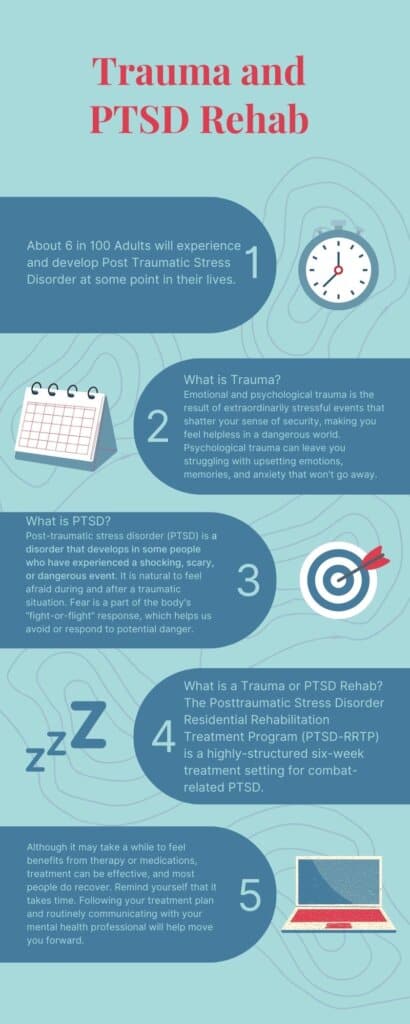Cultivating Hope: Integrative Approaches in Trauma and PTSD Rehab, Massachusetts
Massachusetts rehab centers regularly employ integrative approaches for treating trauma and PTSD. These approaches combine traditional therapies, such as CBT, with complementary and alternative medicine therapies (CAM) such as yoga and meditation.
Sometimes, staying laser-focused on a single task doesn’t work out too well. Unless you take a more abstract approach that covers the overall demands of the task. That’s what integrative approaches help you achieve.
Benefits Of Integrative Approaches For Trauma And PTSD Rehab
Integrative approaches provide holistic healing, which handles the trauma issues on the surface while also addressing the underlying issues. Furthermore, these approaches develop the skills that are helpful in leading a healthy lifestyle amongst everyday stressors.
For instance, a 2022 study revealed that, in trauma survivors, mindfulness meditation was effective in reducing anxiety and depression.
Here are some of the ways integrative approaches help with trauma and PTSD rehab:
Addresses A Wider Range Of Symptoms
For example, yoga and meditation help to reduce stress and anxiety, while mindfulness-based interventions improve emotional regulation and self-awareness.
Promote Self-Care And Self-Regulation
Integrative approaches help people struggling with trauma and PTSD to develop coping skills and strategies for self-care and self-regulation. This empowers them to manage their symptoms and improve their overall quality of life.
Reduce Reliance On Medications
Relying too heavily on medications alone doesn’t train the body’s natural immune system to fight off ailments on its own. Integrative approaches help to reduce reliance on medications, promoting natural defenses of the body and preventing (if any) side effects from medicines.

What Are The Examples Of Integrative Approaches For Trauma And PTSD Rehab?
Integrative approaches, as the name suggests, aren’t a single therapy. Rather, it’s a blend of multiple therapies that help to provide a well-rounded and holistic healing. Here are some of the therapies that make up integrative approaches:
Cognitive-Behavioral-Therapy (CBT)
CBT is an evidence-based approach with research-backed results, which identifies and modifies negative behaviors associated with trauma.
Eye Movement Desensitization And Reprocessing (EMDR)
It uses eye movements or other stimuli to help people with trauma and PTSD to process and reframe traumatic memories.
Dialectical Behavior Therapy (DBT)
Combines CBT with mindfulness strategies to help individuals regulate emotions, improve interpersonal skills, and develop distress tolerance.
Yoga
Yoga can help to reduce stress, improve sleep, and increase flexibility and range of motion.
Meditation
Meditation can help to reduce stress, anxiety, and intrusive thoughts. It can also help people with trauma and PTSD to develop mindfulness and self-awareness.
Mindfulness-Based Interventions
These help people with trauma and PTSD to regulate their emotions, manage their thoughts, and develop self-compassion.
Creative Therapies
Creative therapies such as art therapy and music therapy can help people with trauma and PTSD to express their emotions in a non-verbal way.
Physical Activities
Of course, exercise and recreation are always recommended for every person to promote overall health and well-being.
Cultivating Hope In Distressful Times
Things can get a little overwhelming at times; one can not even imagine the struggles of people facing trauma and PTSD. However, there is always hope for a better future, which the integrative approaches hope to achieve for these brave warriors.
If you or someone you know wants to pursue an integrative approach for trauma and PTSD rehab in Massachusetts, let Resilience Behavioral Health help you find fitting care.
Call 888.401.1179 or contact Resilience Behavioral Health by clicking here.

